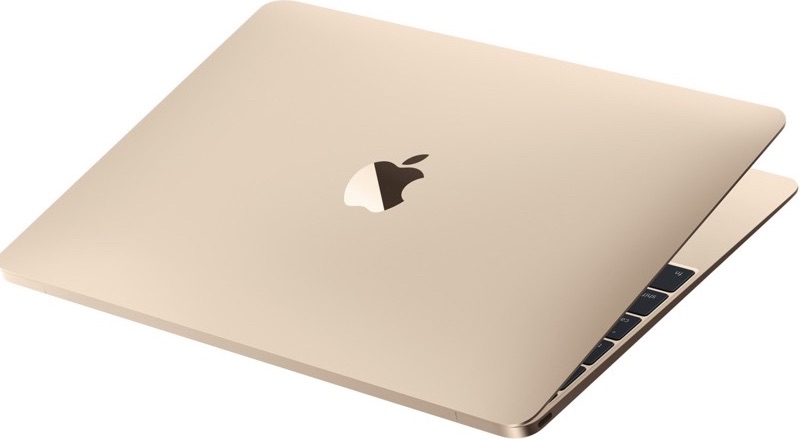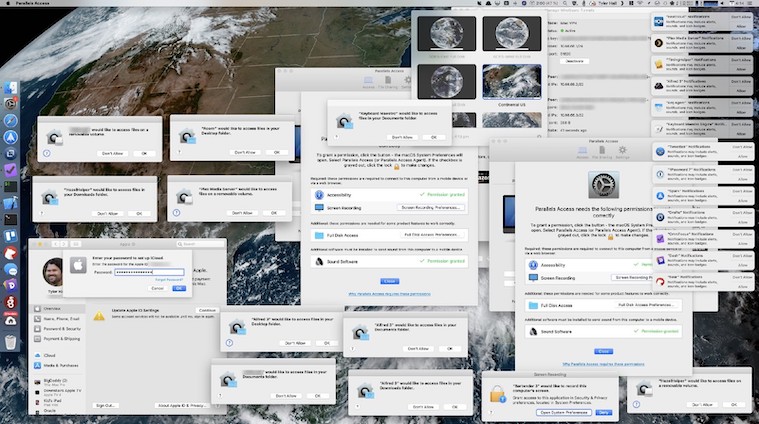Home » Learning Curve » Red Hat Diaries
Pushers & HookersKick back. Enjoy the show.
Tim Cook's in trouble.
CNBC MONEY REPORT November 18:
Apple Will Cut App Store Commissions by Half to 15% for Small App Makers
https://www.nbcnewyork.com/news/business/money-report/apple-will-cut-app-store-commissions-by-half-to-15-for-small-app-makers/2731325/
15%. That's almost normal. Kif Leswing of CNBC writes:
'The move is a high-profile olive branch from Apple to lawmakers and app developers over its App Store business practices, which have been under increasing scrutiny around the world.'
Quite. There are myriad high-profile lawsuits against Apple at the present time.
Apple could of course have avoided this. Apple could have played it kosher and according to the rules. Treat third-party decently. Not gouge both customer and developer.
Apple have an unfortunate history of treating outsiders like shit. So here they go again. Congrats, Sir Tim.
Cutting down to 15% from the obscene 30% isn't going to help much. It's still too high, the market is artificially too small, and on the developer side it's ludicrously restricting. Almost as if they'd rather no one bothered writing software for their dinky OS. (That's a theory held by some at any rate.)
The House Judiciary Committee is after Tim Cook's cute bottom.
https://www.cnbc.com/2020/10/06...apple-has-monopoly-power.html
The wild claim is that Tim's got 'monopoly power' on his iPhone. The committee claimed that Apple can generate - presumably unfairly - large profits and extract 'rents' from developers.
What nonsense.
What's cute here is that the committee report is 450 pages long and was generated by a group controlled by the Democratic Party, a political entity Tim might have thought were on his side.
Amazon, Facebook, and Google have also been under investigation. For some unknown reason.
The committee recommended that Apple be barred from 'entering adjacent lines of business'. That might put Reese and Jennifer out in the cold.
Kif Leswing of CNBC again:
'If these recommendations eventually become law, it could force big technology companies to change core business practices, including for Apple changing how it distributes its own apps through the App Store or which products or services it decides to develop.'
Indeed. But does anyone care anymore?
To wit.
- Developing for Apple mobile can be profitable in one way. Apple users are used to punting money for things that people on other platforms are used to getting more for free.
But...
- The utility of Apple third-party software is feeble or nonexistent. Apple put a nauseating and enervating number of constrictions on what the software can do. Third-party can find cracks and holes in Apple's own software - there are myriad - and then find ways to improve things. But Apple won't let them do anything about it.
- It really is a question of 'rent boys'. Third-party have to pay a fee up front to be able to even submit software to Apple. And, if they decide they don't like it, Apple will swat it down. This had nothing to do with utility, and it's not just a question of getting a listing in their 'App Store': without Apple's cryptographic seal, no software will run on their iPhone, and this is by design.
- The market's too small. Android dominates the mobile market. Android has 70-80%. There are no constrictions, hoops to jump through, on Android as there are with Apple's App Store.
And that's only the beginning.
Third-party can't issue breakneck bug fixes. Fixing a bug becomes a bureaucratic process. Software updates with bug fixes must be resubmitted to Apple. At that time, someone with a hangover or 'that time of the month' can put a spanner in the works, delay the fix or even remove the original software altogether. The cryptographic seal is Apple's. They have complete control. Appealing Apple's decisions (actions) is possible but, even if things work out OK in the end, users will have had to wait and wait and wait for the fix. And that's unacceptable.
So why use an Apple device? Why indeed. Clearly they're not attractive to anyone who values freedom.
Officially the big players still have to pay 30%, although what they really pay is confidential. Customary PPs handle transactions in all possible media, but will Apple do the same? What kind of customer support do they actually offer? Is it really personal? Is it effective?
Apple's iPhone is overpriced, often inferior, and doesn't have a promille of the software possibilities of Android.
So how about Apple's fabulous MacBook Air - in GOLD?

It's certainly attractive. At $999, it's about 70% more expensive than comparable high-end laptops from other OEMs. But in GOLD... Yeah, that's nice. So should you go for it?
Apple's own John Gruber definitely thinks so. Gamers like it with the new OS X 11.0 Big Sur. It's brilliant. It's fast. And the new Rosetta ABI does a great job with translation, it's said. So the new MacBook Air is great, if that's what you want.
If that's what you want, what do you get?
And if that's what you want, what exactly do you get?
You get Apple's own file manager known as Finder. If you're coming from another Unix platform, you might find a few things are a bit different. Not inferior, of course, just a bit different - more 'Mac-like', if you will. You won't see standard Unix file permissions, or file flags, or access control entries, or set ID bits, or sticky bits. So many wondrous mysteries on your MBA!
Apple's Finder suffers from an unfortunate reputation of being crash-prone, which is truly unfortunate, as it's this application that functions as the hub of the entire Apple desktop. But if Apple's most loyal users can put up with it, surely you can as well. It's a small price to pay.
You'll find some excellent Apple utilities already onboard. You have the Calculator, and TextEdit, and Preview, a limited graphics tool which is a rather good.
You have Activity Monitor which shows you how much is really going on in your otherwise idling system. (In contrast to earlier versions of 'MacOS', this new version will most often not crash all by itself anymore. Rest at ease.)
And Terminal is indispensable if you want to do more than Apple would seemingly want you to do. (Remember: if Apple make things difficult for you, there must be a very good reason.)
Big Sur & Gatekeeper, Gatekeeper & Keymaster
There's long been an accepted truth in the 'Mac community', namely that Apple computers are somehow safer than Windows computers. This was bolstered by Apple's extensive 'Mac vs PC' advertising campaign.
Nothing could be further from the truth.
In a brave attempt to address and remedy the inherent weaknesses of the underlying Unix operating system, Apple instituted a project to 'harden' their own version. The project got surprisingly little support from the wider Unix community outside Apple. Neither Linus nor OpenBSD showed any interest.
But Apple pushed on, day and night (and at the weekends). Today it's total control.

Thankfully, Mac users today must register their explicit permission to access their own user areas and files in the overall file system. The image above might appear daunting, but think of the security it represents.
Rixstep have recently introduced a number of utilities to counteract Apple's security measures, falsely claiming that Apple did this not to protect their users but to exact even more 'rent' from them. Our opinion, however, is that you should not believe such spurious lies and not use such utilities. Things may at times seem as bloody ridiculous as back in the day of configuring kernel extensions, but there's a good reason for it. Nobody knows better than Apple. The sacrifice is well worth it.
|